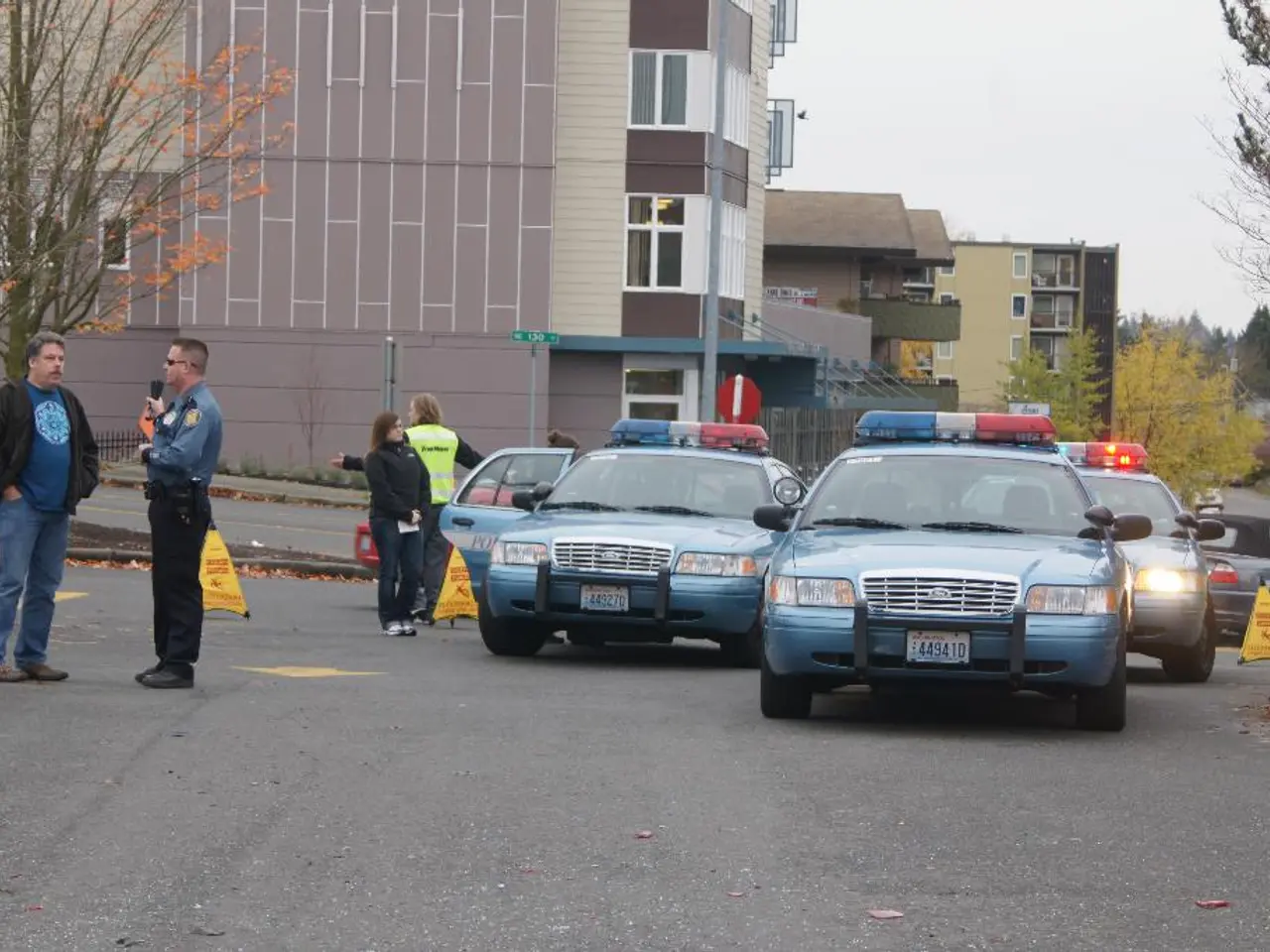Costs of Liberty, Safety, and Wealth Aren't Without Price
In the heart of Europe, Germany finds itself at a critical juncture as the debate over climate protection and infrastructure investment intensifies. The actions of Federal Finance Minister Christian Lindner, particularly his advocacy for cuts to federal ministries, have raised concerns about the country's future security, prosperity, and freedom.
Experts and political parties alike agree that governments should act wisely and with foresight, especially in times of crisis. However, Lindner's refusal to discuss options for generating additional government revenue or expanding the financial framework has been met with criticism. This stance is seen as a hindrance to the urgent repair and forward-looking reconstruction of German infrastructure.
The debate is not just about numbers and figures. It's about the well-being and safety of the population. Lindner's actions could potentially jeopardize the very foundations upon which the country's security, prosperity, and freedom are built. Countries can only remain functional and competitive if their infrastructure is in good working order.
The National Security Strategy recognizes that Germany's security is inseparable from the security of natural resources. Yet, the Special Fund for Climate Protection, a crucial step towards addressing this issue, has so far failed to gain consensus. In contrast, the Bundeswehr Special Fund has managed to secure support.
The gap between what needs to be done and what Germany is actually doing is significant. From 2000 to 2020, the EU average investment in public infrastructure (as a percentage of GDP) was 3.7%, while Germany's was 2.1%. This disparity is a cause for concern, as it suggests a lack of investment in the country's future.
The weakening of instruments that promote investment will not only jeopardize democratic cohesion and security in Germany but also the environment. Money spent on climate protection will prevent horror scenarios threatened by climate change and ensure access to water and food supply. Sven-Christian Kindler, the Greens' budget policy spokesperson, reiterated this point, stating that maintaining prosperity requires stopping the destruction of natural resources on which lives and livelihoods depend worldwide.
As the 2025 budget is currently under debate within the governing coalition, SPD Chancellor Olaf Scholz must make clear to his finance minister that the debt brake needs to be adjusted to guarantee Germany's future security, prosperity, and freedom. The future of Germany, its people, and its infrastructure hang in the balance.
In May 2024, a lunchtime discussion on the prospects of a European investment offensive took place. It serves as a reminder that Germany is not alone in its struggles. The European Union, and the world, are watching as Germany navigates this critical period. The outcome of this debate will not only impact Germany but also the future of Europe and the world.
Read also:
- Understanding Hemorrhagic Gastroenteritis: Key Facts
- Stopping Osteoporosis Treatment: Timeline Considerations
- Trump's Policies: Tariffs, AI, Surveillance, and Possible Martial Law
- Expanded Community Health Involvement by CK Birla Hospitals, Jaipur, Maintained Through Consistent Outreach Programs Across Rajasthan







